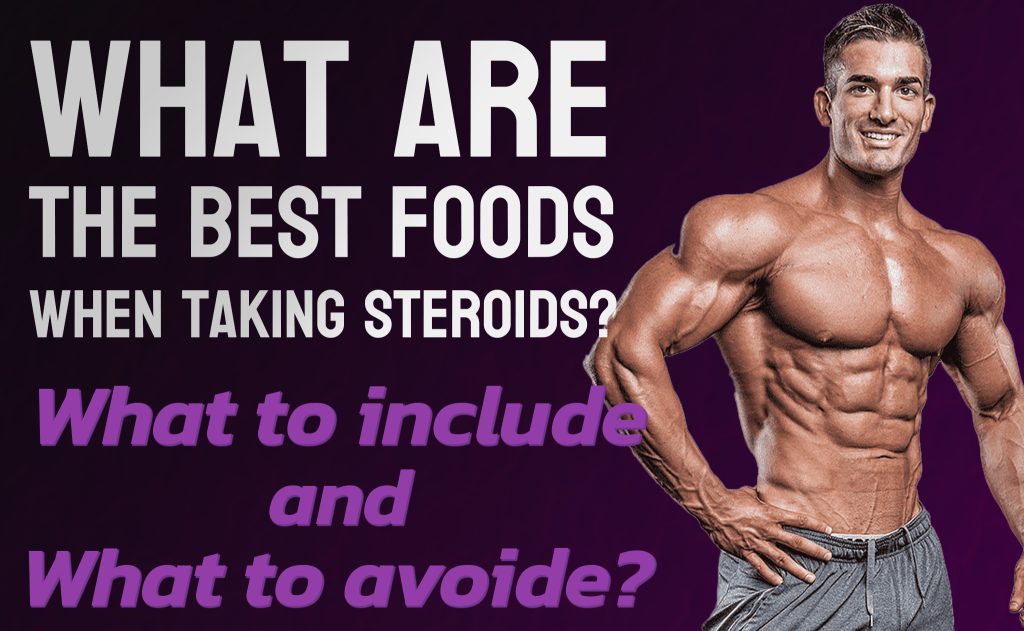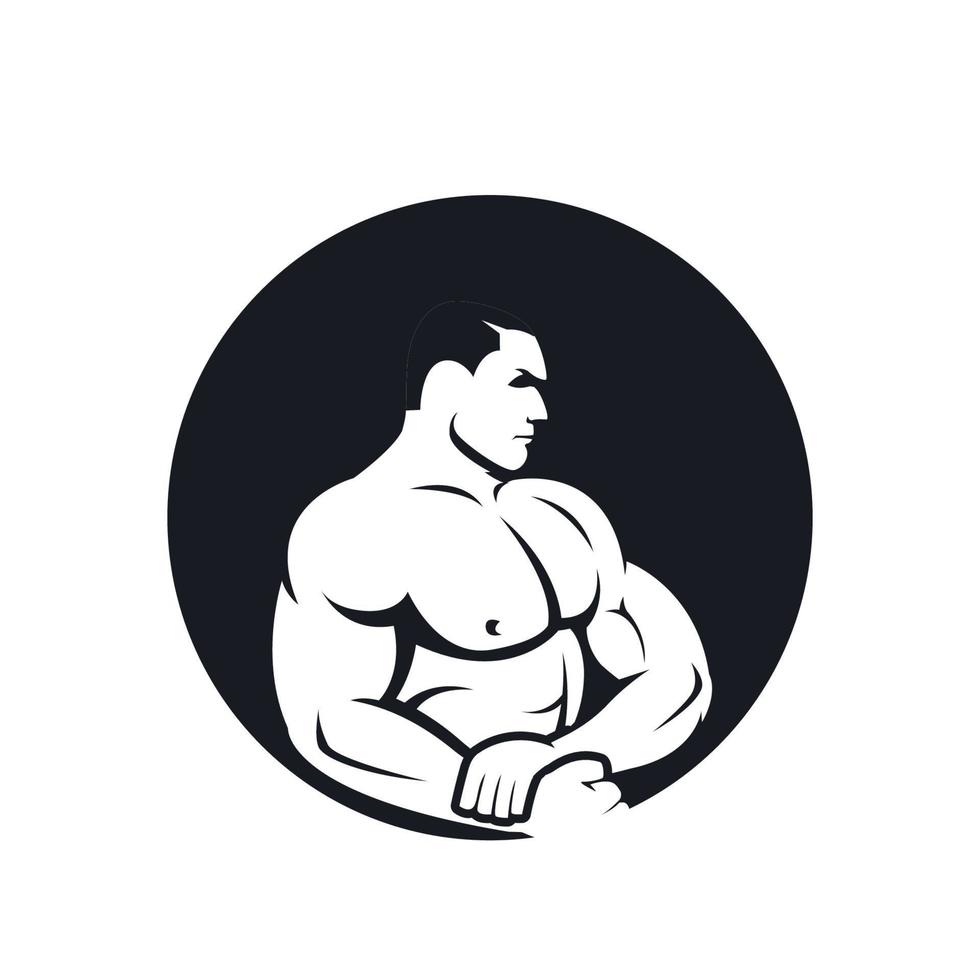
In the field of bodybuilding, particularly concerning the use of steroids, common inquiries revolve around dietary practices during a steroid cycle and the formulation of an effective steroid diet for both bulking and cutting phases.
To appropriately address these queries, one must first grasp the significance of steroids in bodybuilding, understand the fundamentals of the initial diet plan, and recognize its key elements. This article aims to explore in depth the foundational diet plan and its essential aspects.
Steroids are some of the most extensively used and misunderstood substances globally. On one side, there are reports of athletes using these substances to gain a competitive edge. Conversely, medical professionals prescribe corticosteroids for conditions like arthritis and immune disorders.
>> THE MOST COMPLETE STEROID CYCLES GUIDE: FROM SAFEST TO STRONGEST <<
Despite their differences, both anabolic steroids and corticosteroids exert pressure on the liver and can adversely affect overall health. Consequently, maintaining a balanced diet that supports liver function and hormonal equilibrium is vital when using steroids.
For those contemplating steroid or prohormone use, typically with goals of enhancing strength or muscle mass, it’s important to acknowledge that steroid use can often lead to weight gain. Therefore, users of anabolic steroids need to be informed about appropriate and inappropriate dietary habits. The following sections offer a detailed guide on optimal nutritional practices during steroid use.
>> ANABOLIC STEROIDS IN OFFICIAL MEDICINE <<
Table of Contents
Navigating Nutrition During Steroid Cycles
The significance of a well-planned diet during steroid cycles is often underestimated by users. The effectiveness of steroids is heavily influenced by dietary intake. Depending on your nutritional choices, you might experience robust, enduring gains or temporary, less impressive results. Identifying whether you are in a bulking or cutting phase is crucial, as it greatly impacts the dietary choices you should make.
GUIDELINES FOR A BULKING DIET DURING A STEROID CYCLE
To support muscle growth and sustain intense, heavy training sessions, consuming a substantial amount of food is key. Aim for 5-7 meals a day, focusing on a higher intake of complex carbohydrates. While the importance of protein is widely acknowledged, a common shortfall among athletes not seeing gains is insufficient carbohydrate consumption. Carbohydrates trigger insulin release from the pancreas, a potent muscle-building hormone, though it’s important to be mindful of the potential for fat gain. Consuming over 3 grams of protein per kilogram of body weight is also crucial.
Carbohydrates are essential in your diet to ensure that protein is utilized for muscle building rather than energy. Hence, a high carb intake is vital, along with maintaining a high protein intake to foster growth. Consider gradually increasing your caloric intake by 300 calories per week until you observe growth. It’s important to note that there’s no one-size-fits-all approach to calorie requirements during bulking, as individual metabolic rates and other factors vary greatly. It’s a process of experimentation to discover what best suits your body.
Post-Exercise Nutrition: Arguably the most crucial meal of your day is the one you have post-workout, surpassing even the importance of breakfast. Following a training session, your muscles are in dire need of glycogen replenishment. Consuming carbohydrates within 30 minutes post-exercise leads to 125% more efficient glycogen storage than at any other time, significantly aiding recovery. Protein, the fundamental component for muscle repair, is also vital. Post-workout, your body is able to absorb 50% more protein than usual.
We recommend taking creatine immediately after your workout along with dextrose or glucose powder. Dextrose, a high-glycemic index sugar, prompts insulin secretion from the pancreas, an essential hormone for bodybuilding. This insulin surge facilitates the transport of protein, while creatine provides a crucial glycogen boost to muscles and helps reduce cortisol levels, which can deteriorate muscle. Follow up with a protein shake 10-15 minutes afterward.
Supplementation Strategy: As mentioned, post-training intake should include creatine and a protein shake. A rapidly digestible hydrolysed protein is excellent for quick absorption post-workout. Throughout the day, a blend of fast and slow-digesting proteins like casein, egg, and whey is beneficial.
For hard-gainers, a high-carb mass gainer can jumpstart muscle growth, but ensure it’s high-quality to avoid excessive sugar intake. At night, slow-digesting casein or cottage cheese provides sustained protein. Combine whey protein with fibrous food to slow down digestion. Additionally, incorporating flaxseed oil, a multi-vitamin, and L-glutamine into your regimen is highly recommended for those serious about their fitness goals.
Hydration: Our bodies are predominantly composed of water, which is depleted through sweating and other bodily functions. It’s essential to replenish this by drinking water regularly. For every gram of carbohydrates stored, your body requires 4ml of water. Distribute your water intake evenly throughout the day, as consuming too much at once can increase blood pressure and reduce the secretion of anti-diuretic hormone.
Limited Cardiovascular Exercise: To maximize muscle growth during your bulking phase, it’s advisable to minimize cardio exercises. The rationale is straightforward: cardio exercises burn calories, and in order to build muscle, you need to consume more calories than you expend.
Additionally, cardiovascular activities can lead to fatigue, deplete glycogen reserves, and hinder your weight training, making strength gains more challenging and recovery incomplete.
While activities like walking or moderate-intensity cardio can aid in increasing blood flow to muscles, excessive cardio can be counterproductive. If excess fat accumulation becomes an issue, opt for low-intensity cardio like a 40-minute walk, as high-intensity cardio can lead to muscle loss.
Adequate Rest: Rest is crucial for muscle growth and recovery. Aim for at least 8 hours of sleep per night to facilitate these processes.
Heavy Lifting: While variety in training routines is important, lifting heavy weights is key for promoting growth and targeting fast-twitch muscle fibers, which are crucial for muscle development. Consistently increasing strength typically correlates with muscle growth.
Cutting Diet on Steroids
To achieve a lean, shredded physique, it’s essential to focus on fat burning. This requires reducing your daily caloric intake while simultaneously increasing protein consumption. Carbohydrate intake should be limited when aiming for weight loss. However, if you do consume carbs, the optimal times are early in the morning to kickstart the catabolic process, and before and after workouts to replenish glycogen stores. Incorporating unsaturated fats from sources like seafood and nuts is also vital for achieving a lean physique.
When your goal is fat loss or gaining lean muscle mass, the total daily calorie intake should be markedly lower than during a bulking phase. Aim for an intake of about 2,000-2,500 calories per day, with a nutritional breakdown emphasizing protein: 50% protein, 25% carbohydrates, and 25% fats.
Nutritional Guidelines for Your First Steroid Cycle
The dietary approach for your initial steroid cycle will vary based on individual factors such as the specific steroid cycle, personal body requirements, and overall health. Typically, professional bodybuilders and health experts advise a diet rich in essential proteins, healthy fats, complex carbohydrates, and micronutrients to support the body’s needs during this phase.
Optimal Diet for Steroid Cycle
When undergoing a steroid cycle, it’s imperative to focus on a diet that includes lean meats, fish, eggs, whole grains, fruits, and vegetables. Here are the key dietary components you should emphasize:
Protein-Rich Foods
Steroids enhance protein synthesis, aiding in muscle growth and recovery. As steroids make your muscles highly receptive to nutrients, a diet rich in high-quality proteins is crucial. Incorporate sources like fish, lean meats, eggs, cottage cheese, and low-fat dairy into your daily meals. To safeguard your liver, limit intake of red and processed meats, as they contain high levels of trans fats that can elevate cholesterol and increase heart disease risk. Anabolic steroids can exacerbate these risks by altering cholesterol levels, so a diet low in trans fats is advisable.
Complex Carbohydrates – Whole Grains
Steroids boost your endurance, allowing for more intense workouts. This puts stress on your body and central nervous system, making carbohydrate intake vital for replenishing muscle and liver glycogen. Opt for complex carbohydrates over simple ones, as they provide sustained energy and aid in faster recovery. Whole grains like oats, barley, brown rice, and wheat are rich in fiber and complex carbs, helping reduce triglycerides and bad cholesterol, thereby lowering heart disease risk. Oats are particularly beneficial.
Vegetables and Fruits
These are rich in essential vitamins and minerals that complement the effects of steroids. Green vegetables should be a staple in your diet. Include kale, spinach, lettuce, broccoli, cauliflower, cucumber, and cabbage. Also, add radishes, carrots, green peppers, tomatoes, and onions for their nutritional value. Vegetable salads with beans, eggs, and meat are excellent for those on steroids. Fruits like berries, mangoes, papaya, passion fruit, oranges, and pomegranates are excellent choices, providing essential nutrients like potassium, calcium, and sodium, important during a steroid cycle.
Hydration
Maintaining hydration is crucial, both in and out of the gym. Adequate water intake ensures smooth cellular processes. Fresh juices, herbal teas, and other beverages also contribute to overall hydration and well-being.

>> PURCHASE STEROIDS FROM THE OFFICIAL SUPPLIER IN THE USA, UK, AND AU <<<
Conclusion
Individuals on steroid cycles must be vigilant about their diet. The right diet can amplify the effectiveness of steroids, potentially reducing the required dosage and minimizing side effects. Proper nutrition is key to maintaining healthy liver and kidney function, which can be impacted by steroid use. Therefore, choosing your diet wisely is of utmost importance.
